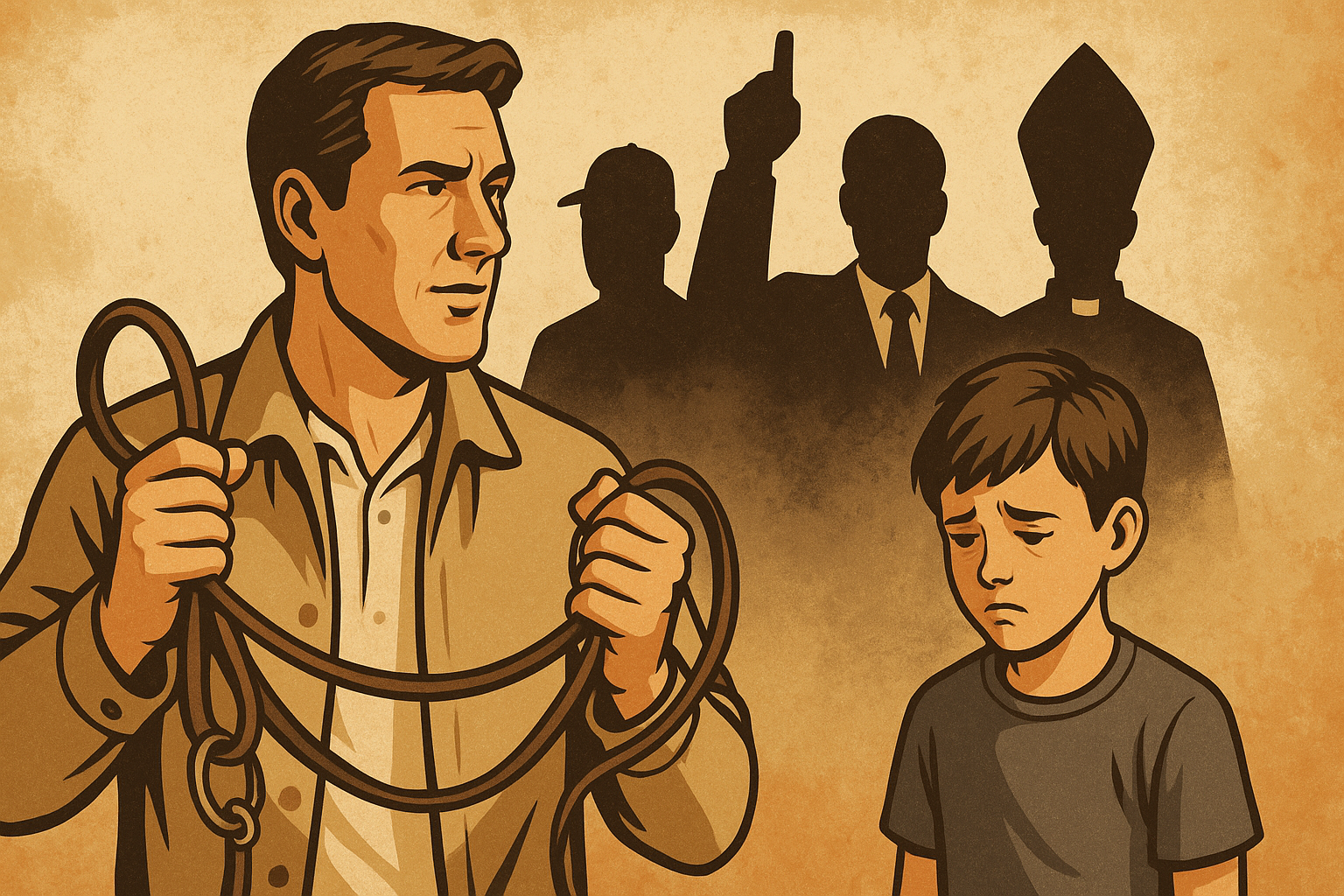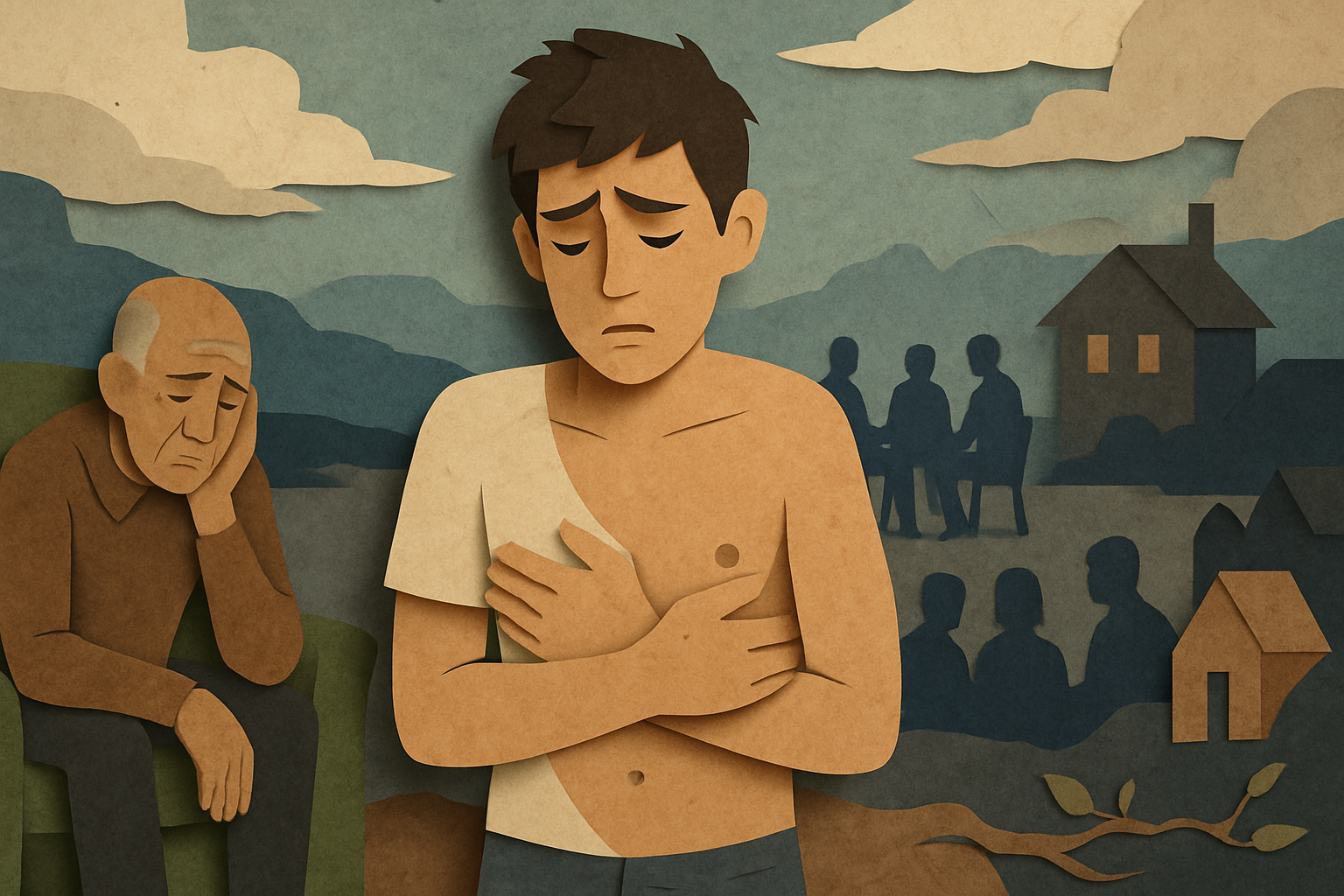READ IT TO ME: Click play to listen to this post.
“I wake up feeling the hangover of yesterday’s stuff—holdover tension from work, last night’s fight with my partner. I crave acting out and fear that I’m not going to make it. I said to myself when the pain of acting out was so great that I’m going to do whatever it takes to remain sober this time. But, here I am, faced with the same old everyday struggles, the same crap, and the same unbelievable demands. A knot the size of my fist balls up in my gut. I want to throw up. I feel a heavy weight pressing on my chest. I think ‘Geez this is all the same! The only way to keep up is just do everything the same that I’ve always done. I have to pull the plug on my feelings and simply perform! What the hell, I‘m damned no matter what I do. It feels like I’m trapped and destined to keep acting out no matter what I do!” – Anonymous addict
Addicts commonly contend with this overwhelm every day of their lives. Almost everything recovery requires is opposite to the algorithms of an addict’s life. Recovery requires focus and mindfulness. Addiction is about distraction and escape. The paradigm shift for an addict in recovery is acute and difficult. The crucible for change in an addict’s life is the capacity to be present and manage the blindspots that sabotage the goal of recovery.
Blindspots! How do you know you have them? There’s no way for an addict to avoid the self-sabotage of a blind spot without the assistance that comes from living in consultation with a support group. I hear addicts complain all the time that it’s too hard to pick up the phone or reach out to someone else for help. But, in all the years of treating recovery, I have yet to come across an addict who is successful in living in isolation. Human beings are creatures who need to connect. Addicts are no different. When addicts contemplate making a significant decision without consultation with other addicts, the results often trigger relapse. There is not a day that goes by that I do not encounter an addict who has suffered relapse because of a choice they made in quarantine from those who struggle with the same challenge. Simply put, it doesn’t work and never has. The reason is that we all have blind spots! There is an old recovery adage that says “If 8 or 9 people say you have a tail, check your ass in the mirror!” It’s not as if those people have to be correct. but addicts benefit from the consistent input of those who objectively see what they are blind to.
My experience is that everyone struggles with inconsistency, incongruence, and hypocrisy. Certainly, I have. The supposition of this reality is not to give a pass to everyone for their disconnect. Rather, it is to say that we all need accountability to hold our feet to the fire to remain true to our hearts. Accountability is an important component for every addict to govern addiction and disconnection. It promotes genuine congruency and helps to manage blind spots.
Congruency creates a connection between what you believe and value to what you feel, say, and do. It is the necessary component for peace and tranquility in life. As an addict, you are most vulnerable to acting out when you are disconnected from your feelings. Temptation and craving mask needs that must be met by developing healthy self-parenting skills. To manage blindspots, you must huddle with those who know you best and who are willing to confront your addictive rationale. This is a type of monitored management. Each time you act out against your values you have to know why and what legitimate needs were ignored. If not, you will spiral into progressive chronic relapse. This will require decisive intervention. Knowing without intervention only creates an informed addict.
For addicts, blindspots in life require a rigorous checklist with ongoing consultation with your accountability group. Checklist items include:
1. What have you committed to do for your recovery and who are you accountable to?
2. Are you realistic or are you blowing smoke?
3. Do you find yourself announcing commitments to things you don’t follow through with?
4. Are there areas of your life that you are not accepting?
5. What feelings are you resisting or glossing over?
6. What are your grounding skills to begin each day?
7. Are you aware of the mistaken beliefs that eat away at the core values of your heart?
8. What grounding skills do you incorporate throughout the day for times when you get rattled?
9. How do you focus on purpose in your life and stay the course?
10. How effective are you applying yourself to the principles of the 12 steps—recognizing where your life gets out of control— connection to a higher power—surrender/acceptance of struggle—awareness of shortcomings—character flaws—ongoing confession to others in the community—regular requests for a higher power to remove flaws—awareness of necessary amends—committed to the business of making the amends—prompt admission when you screw up and hurt others—and carrying the message to others daily.
Addicts who live each day in consultation reviewing their checklist create a position of strength to expose and manage their position of weakness—their blindspots.





